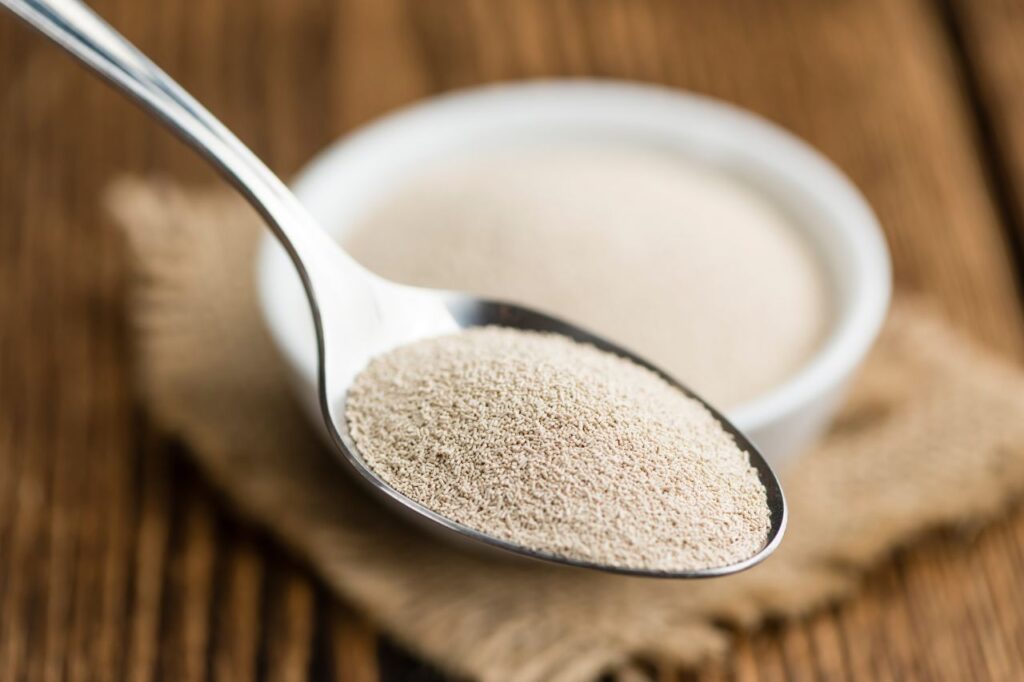Septic systems are an essential component of any home’s plumbing system. These systems are responsible for treating and disposing of wastewater generated by your household. Septic systems rely on naturally occurring bacteria to break down and decompose waste materials. However, some homeowners may be tempted to add yeast to their septic system to enhance the performance of their system. But the question is, does adding yeast to your septic system help?
Yeast is a type of fungus that is commonly used in baking and brewing. It is an organic substance that contains enzymes that can break down certain types of waste materials. Many people believe that adding yeast to a septic system can help increase the rate of decomposition of waste materials and prevent backups and blockages.
However, the truth is that adding yeast to a septic system is not necessary and may even be harmful. Yeast is not a naturally occurring bacteria in septic systems, and adding it can disrupt the delicate balance of the system. The bacteria in a septic system are specifically designed to break down waste materials, and adding yeast can interfere with their natural process. This can cause the system to become less efficient and potentially lead to more significant problems down the line.
Furthermore, yeast can only break down certain types of waste materials, such as sugars and carbohydrates. Septic systems, on the other hand, are designed to handle a wide variety of waste materials, including fats, oils, and proteins. Adding yeast to a septic system will not enhance the system’s ability to break down these materials and may even make it more difficult for the system to function correctly.
In some cases, adding yeast to a septic system may even be harmful. Yeast can create a thick layer of sludge that can clog pipes and inhibit the natural flow of wastewater through the system. This can lead to backups, blockages, and other serious problems that can be expensive and time-consuming to fix.
In conclusion, adding yeast to a septic system is not necessary and may even be harmful. The best way to maintain the health and functionality of your septic system is to ensure that you are using it properly and regularly scheduling maintenance and inspections. If you are experiencing problems with your septic system, it is essential to contact a professional for assistance rather than attempting to treat the problem yourself. By following these guidelines, you can ensure that your septic system is operating at peak efficiency and avoid costly repairs and maintenance in the future.

